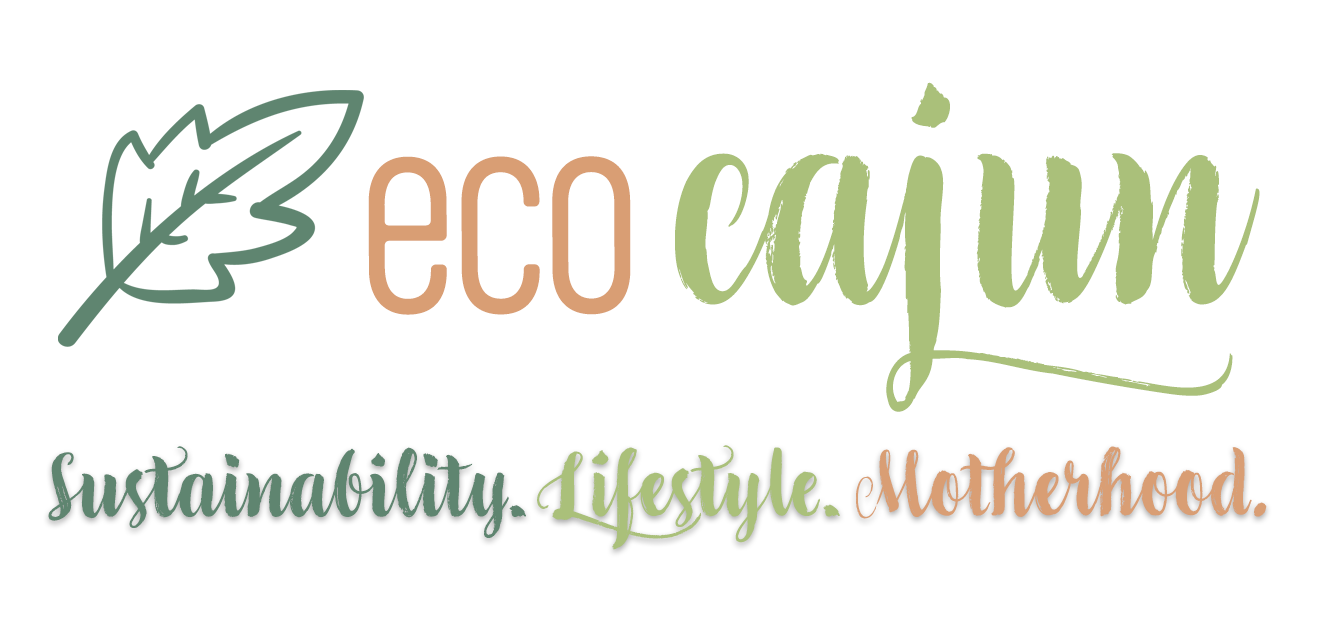As living organisms, coral feed on algae, and they provide a safe breeding ground for fish and other marine species. Coral reefs also protect shorelines against damage from storms and floods, buffering against erosion.
NOAA National Centers for Coastal Ocean Science researchers and their partners have discovered that BP-2, a sunscreen chemical commonly used in many soaps, cosmetics and fragrances, is highly toxic to corals. As of 2003, 27% of the world's coral reefs have been lost. By 2033, 60% could be destroyed.
Statistics
show that approximately 4,000 and 6,000 tons of sunscreen are washed
off in coral reef areas around the world every year. These ingredients bleach hard corals, even at
extremely low concentrations:
- Oxybenzone (BP-3)
- Octyl methoxycinnamate (octinoxate)
- Propylene glycol and Butylparaben
- Camphor
- Cinnamate
Underwater is where I'll goSo, how can you keep these harmful chemicals out of your body and away from delicate sea life?
Ooh, underwater
That's where you'll find me.
-Joshua Radin, 'Underwater'
- Look for and purchase sunscreens with no chemicals
- Look for "reef safe" labeled sunscreens
- Protect yourself in other ways!
- Wear light-colored, loose, breathable clothing
- Wear a hat and sunglasses
The Environmental Working Group - a nonprofit organization dedicated to protecting human health and the environment - researches and puts out a sunscreen guide, which rates the safety and level of concern of sunscreens, daily moisturizers, lip products and SPF-rated makeup. Products are rated from 1 (best) to 10 (worst) and show their performance on health concerns and UVA/UVB balance. Each product's ingredients are listed and rated as well.
In all, 235 products made EWG's cut of approval. Some of the brands include:
- Yes2Cucumbers
- The Honest Co.
- Sunumbra
- Goddess Garden
- John Masters Organics
- Jason Natural Cosmetics
- Raw Elements
- Block Island
- Aubrey Organics
- Babyganics
- Badger Balm biodegradable sunscreen
Whether or not you make the switch to eco-friendly sunscreen, don't forget to recycle your sunscreen bottles and cans. OKC Beautiful shared some guidelines on recycling specific materials. While it may differ in other cities, chances are it's similar where you live. Metal spray bottles can most likely be recycled; bottles made of plastic #2 are most commonly recyclable and plastic #4, a little less so; and tubes made of plastic #4 are not as easily recyclable. Check your packaging numbers, and check with your city's recycling service if you're unsure whether they will take it.







No comments